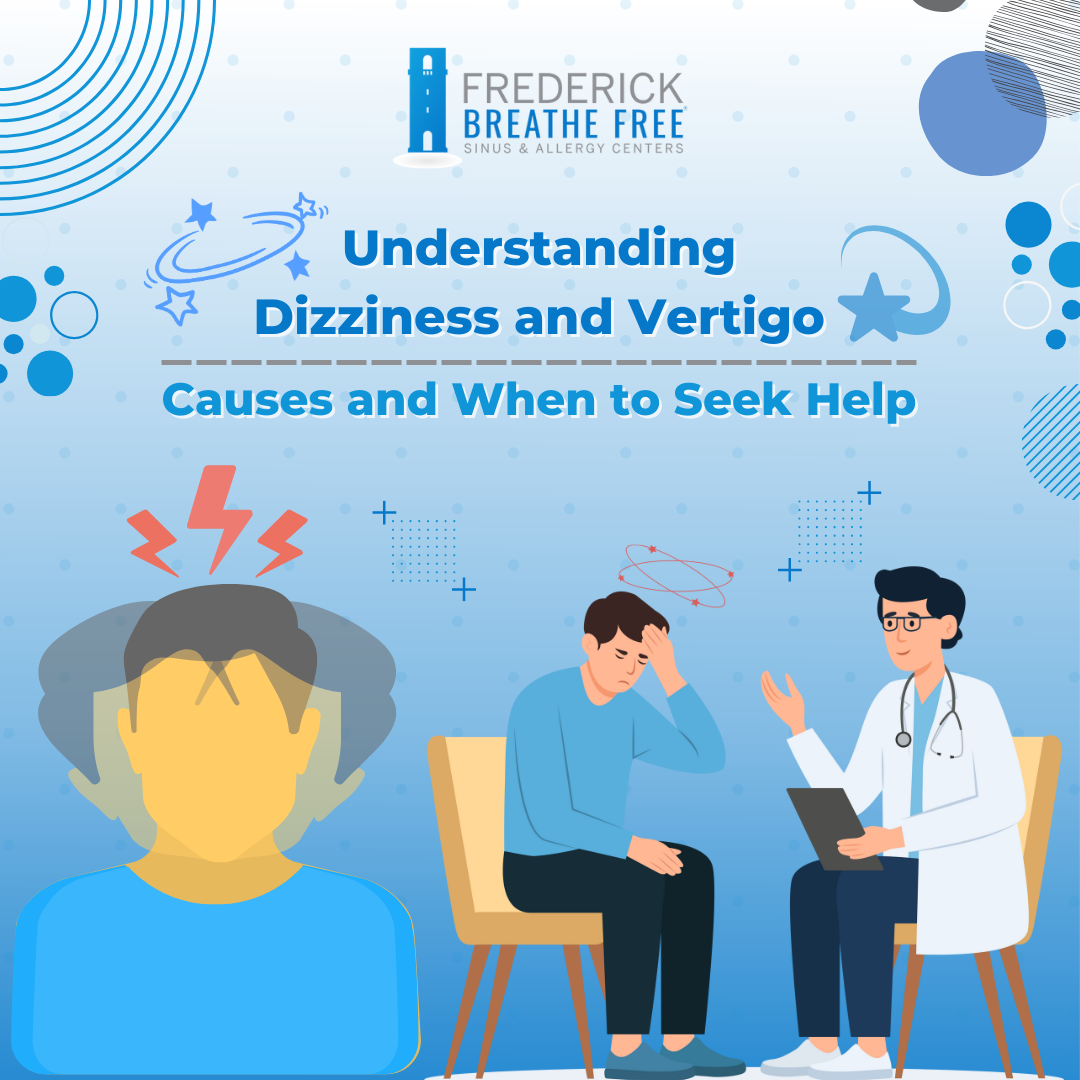How to Survive Hay Fever Season
Hay fever season is upon us. Pollen causes hay fever, and allergic reactions can affect your throat, eyes, nose, and mouth. There is no cure for hay fever; however, we have some tips to ease your symptoms.
Use Anti-Allergen Bedding
Do you find it difficult to sleep during hay fever season? Your bedding may be to blame. Allergens can get trapped in regular bedding material, leaving you tossing, turning, and sneezing all night long. There are two types of anti-allergen bedding. Synthetic bedding works by trapping dust and pollen within, and therefore, preventing the allergens from being dispersed. Natural bedding does the opposite by repelling dust and pollen, effectively preventing the allergens from getting into your bedding. If you struggle to sleep through the night, it might be time to investigate anti-allergen bedding.
Wash Your Bedding Often
Regardless of what type of bedding you have, your sheets should be washed weekly. Allowing pollen to build upon your bedding will only exacerbate any hay fever symptoms you may experience. When drying your bedding, it should be done inside. Hanging anything to dry outside can lead to pollen in your sheets before you even put them back on your bed.
Keep Doors and Windows Closed
Though it is nice to enjoy the fresh air and an outdoor breeze, windows and doors should remain closed during hay fever season. Leaving windows and doors open will allow all the outdoor allergens to enter your home. It is best to enjoy the view from behind closed windows and keep your home as pollen-free as possible.
No Pets in the Bedroom
We all love our furbabies, but it is best to keep them out of the bedroom during hay fever season. Dogs and cats love to roll in the grass, collecting pollen and other allergens in their fur. They then bring everything inside with them. The allergens they collect in their fur can easily be transferred to your bedding or any other surfaces in your bedroom. For this reason, it is recommended pets stay away from bedrooms.
Hydrate
Staying hydrated and drinking plenty of water can help alleviate the congestion and sinus symptoms of hay fever. Eight glasses of water a day reduces your body’s histamine response and cleanses your sinuses.
Shower Every Night
The best way to ensure you do not carry any pollen or allergens into bed with you is to take a shower before going to sleep. You will inevitably collect pollen on your body and clothes throughout the day. In addition to being a great defense against bringing pollen into your bedding, the warm steam from the shower can help unblock your sinuses and clear mucus.
If you already follow these six tips and still experience hay fever symptoms, then it is time to schedule a visit with an ENT. Our team at Frederick Breathe Free can figure out exactly which allergens are causing you problems and create a treatment plan that works best for you.
I’m still suffering from hay fever






.png)
